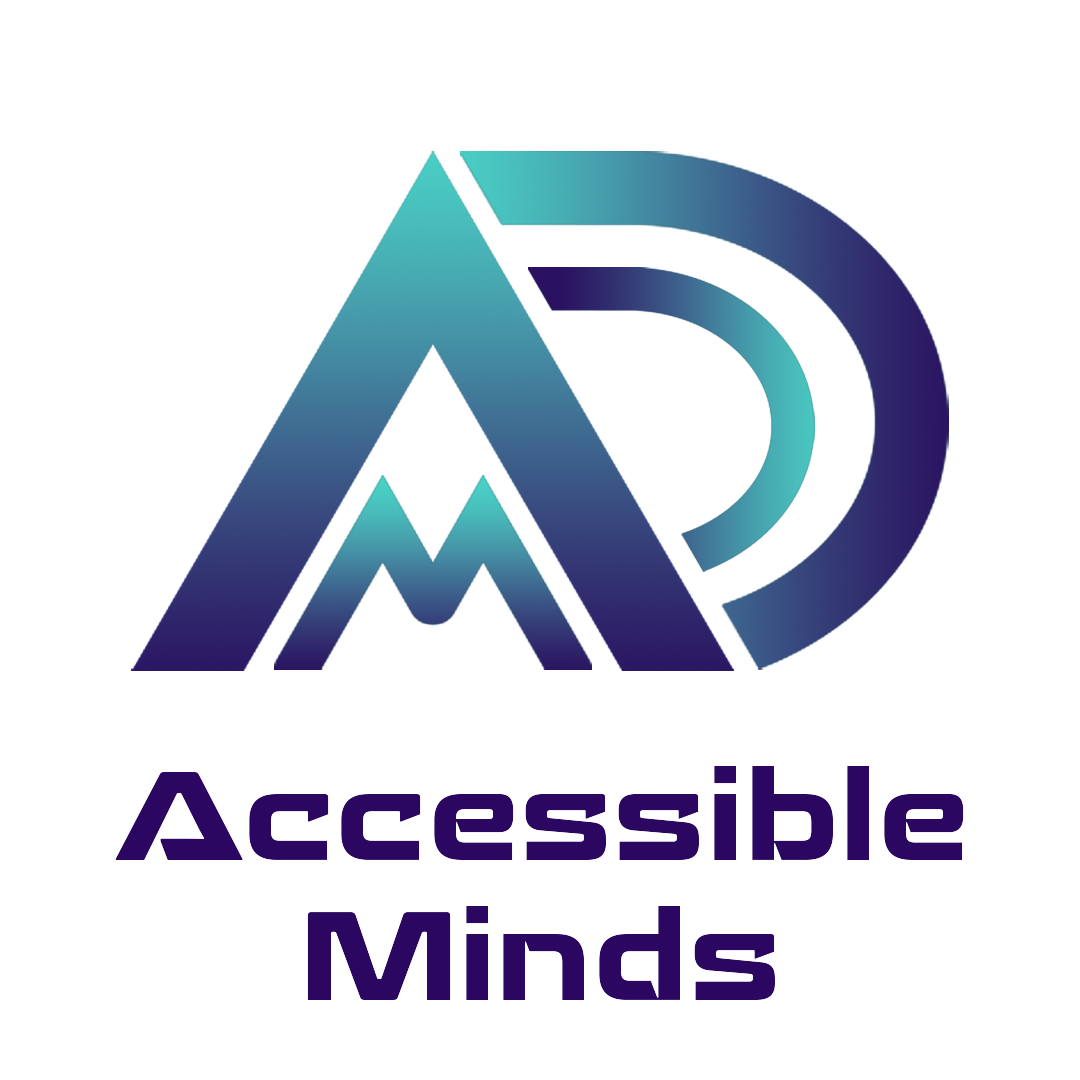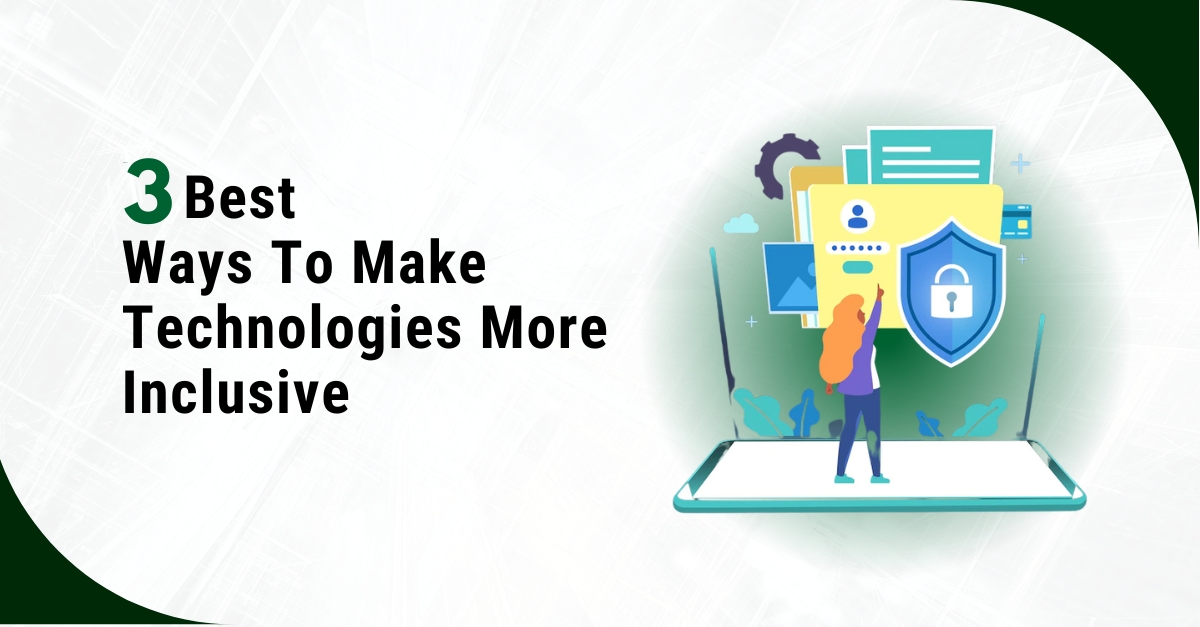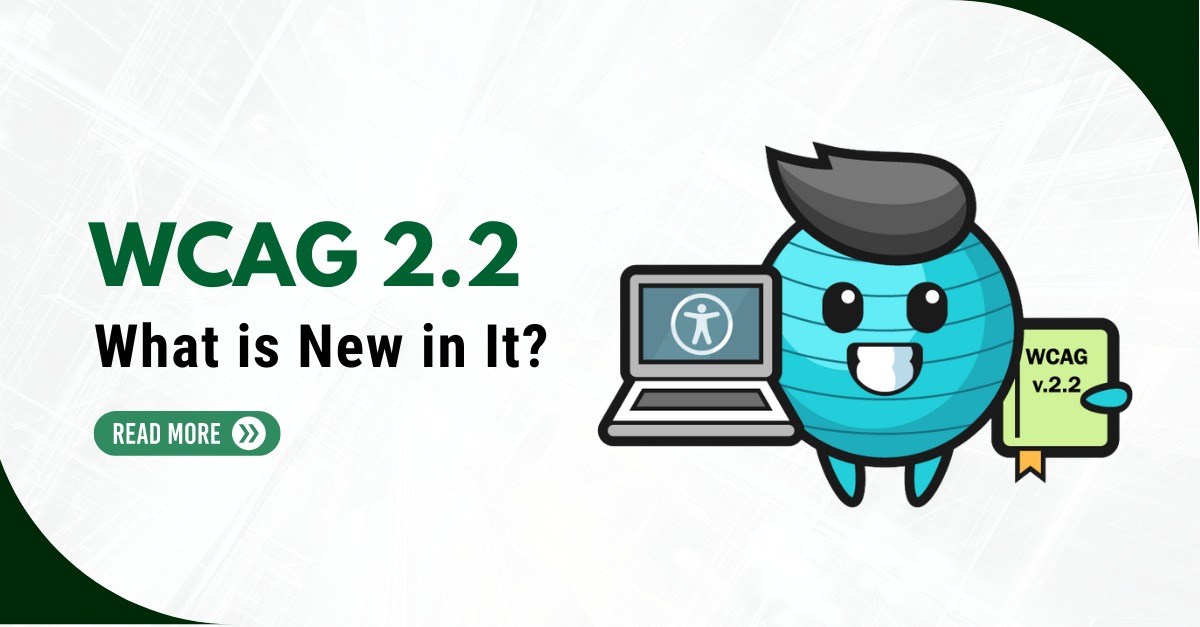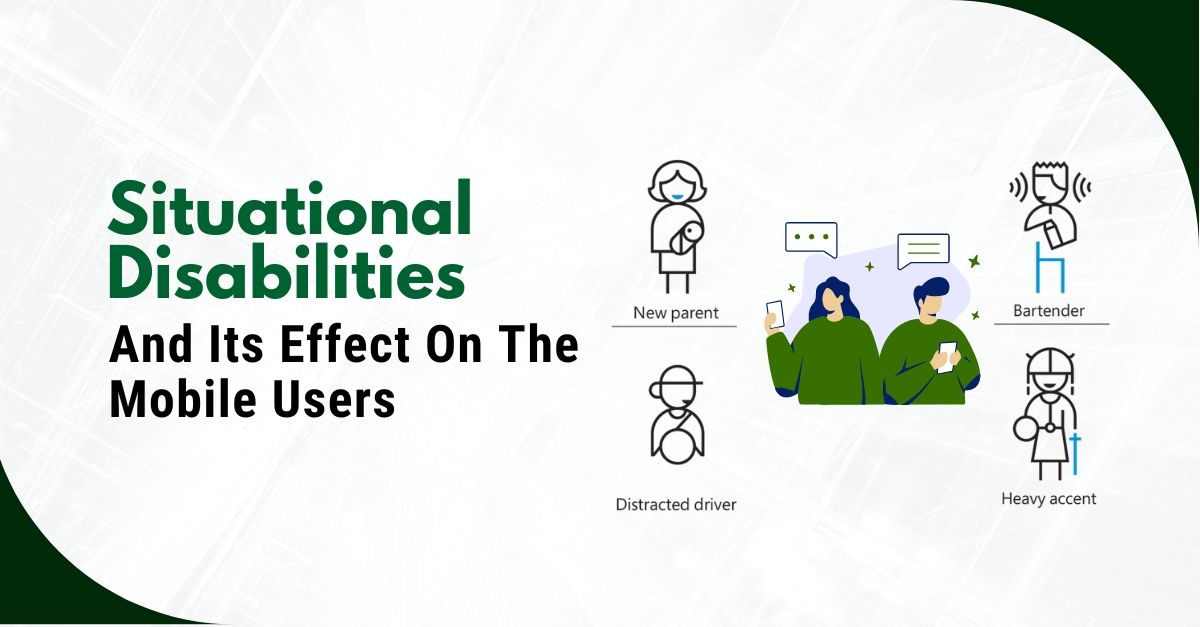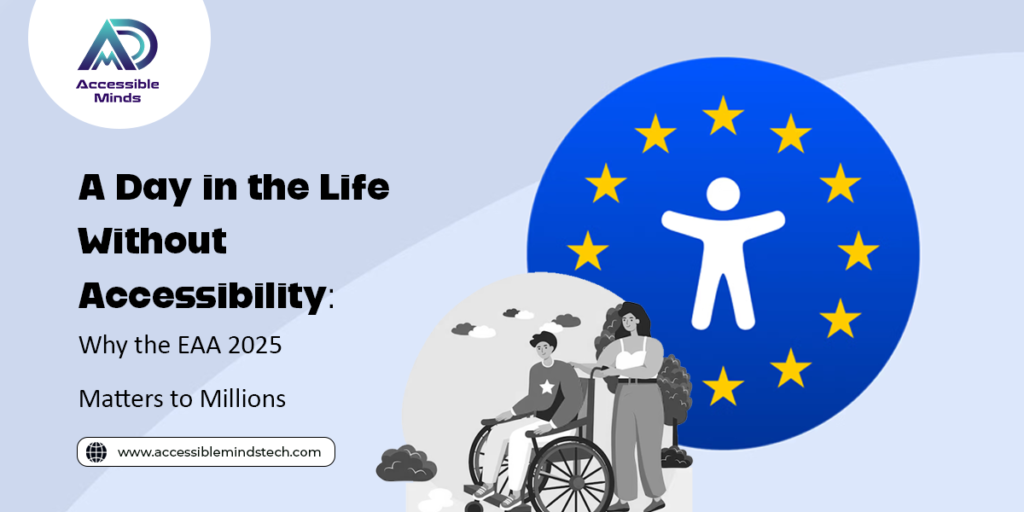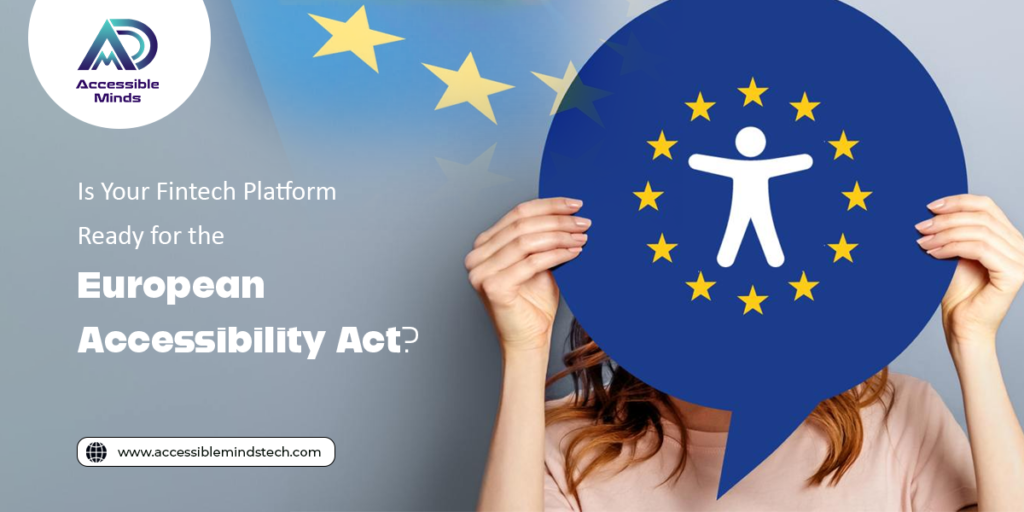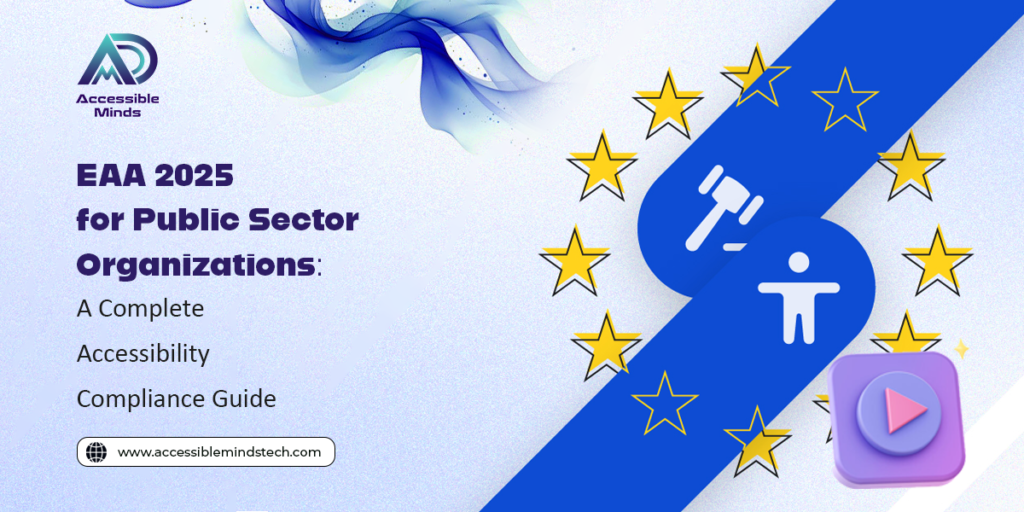Introduction:
Accessible tourism is about making travel opportunities accessible to everyone, including individuals with disabilities. Ensuring that tourism websites and apps are fully accessible is crucial for creating equitable travel experiences. This case study explores how Accessible Minds, a dedicated digital accessibility testing service provider, contributed to the enhancement of accessible tourism websites and apps, ultimately improving travel inclusivity.
The Challenge:
The tourism industry faced several challenges in making websites and apps accessible to travelers with disabilities. Some of the common hurdles included:
- Limited Information: Insufficient information regarding accessibility features at destinations and accommodations, making it difficult for travelers with disabilities to plan their trips.
- Booking Barriers: Complex and non-user-friendly booking processes that posed challenges for individuals with disabilities.
- Navigation Difficulties: Poor website and app navigation, including inadequate keyboard support and a lack of alternative text.
- Lack of Visual and Auditory Support: Insufficient provisions for individuals with visual and auditory impairments, such as screen reader compatibility and captioning.
- Varied Compliance: Websites and apps often lacked consistency in adhering to accessibility standards, leading to a lack of uniformity in user experiences.
The Solution:
Accessible Minds took a comprehensive approach to address these challenges and improve the accessibility of tourism websites and apps. Key steps in the solution included:
- Accessibility Audits: In-depth accessibility audits were performed to identify existing issues and non-compliance with accessibility standards.
- Stakeholder Collaboration: Accessible Minds collaborated closely with website and app owners, travel agencies, and destination management organizations to understand their specific accessibility needs and goals.
- Testing and Remediation: Extensive testing and remediation were conducted, covering website and app elements, navigation, forms, multimedia, and content, ensuring compliance with WCAG 2.1 standards.
- Alternative Content: All content, including images and multimedia, was equipped with alternative text and appropriate captions or audio descriptions.
- Keyboard Navigation: Enhancements were made to enable seamless keyboard navigation, allowing users to navigate the websites and apps without a mouse.
- User Testing: Individuals with disabilities were engaged in usability testing, providing valuable real-time feedback to drive user-centric improvements.
- Customization Features: Apps were equipped with customizable features, allowing users to tailor their experiences according to their specific accessibility preferences.
- Training and Support: Training and continuous support were provided to web administrators and app developers to maintain accessibility standards.
Results and Impact:
The efforts of Accessible Minds had several profound outcomes and impacts:
- Enhanced Accessibility: Accessible tourism websites and apps became genuinely inclusive, catering to users with diverse disabilities, including those with visual, auditory, mobility, and cognitive impairments.
- Improved User Experience: Travelers with disabilities reported significantly enhanced experiences while researching, booking, and planning their trips.
- Increased Engagement: The websites and apps experienced heightened engagement from users with disabilities, resulting in increased bookings and higher satisfaction rates.
- Legal Compliance: Many websites and apps achieved and maintained compliance with accessibility regulations, mitigating the risk of legal actions.
- Positive Industry Reputation: Tourism companies that adopted accessibility measures experienced a boost in their reputation as socially responsible and inclusive organizations.
Conclusion:
Accessible Minds, with its proficiency in digital accessibility testing services, played a pivotal role in making accessible tourism websites and apps more inclusive and user-friendly for travelers with disabilities. Through collaborative partnerships, rigorous testing, and strategic remediation, Accessible Minds effectively broke down barriers in the travel industry, ensuring that people of all abilities could embark on memorable journeys with ease. This case study underscores the significant positive impact that accessibility improvements can have on the tourism sector, benefiting both travelers and businesses, and reinforcing the principle of inclusive travel for all.
